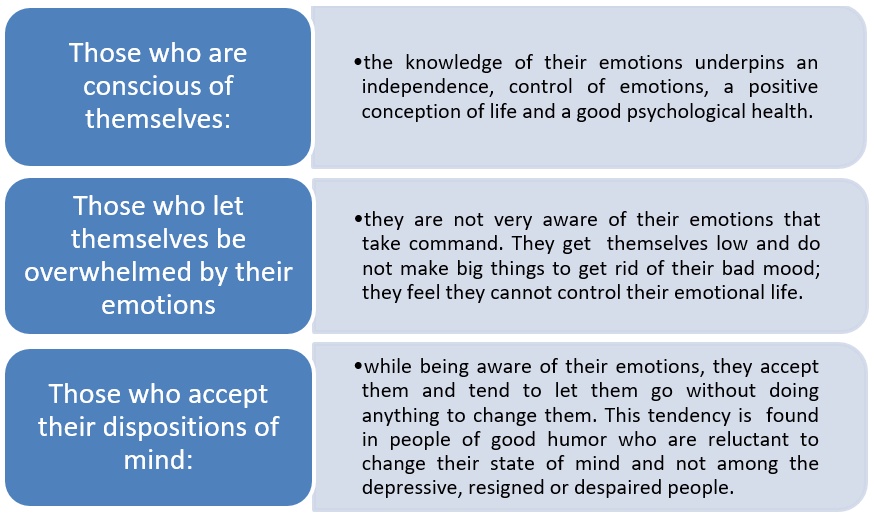Emotional intelligence (EI) is the ability to recognize, understand, and manage our own emotions, as well as recognize and influence the emotions of others. It involves skills that help us navigate social interactions and make informed decisions based on our emotional state. In recent years, emotional intelligence has gained significant attention in psychology due to its potential impact on various aspects of life, including personal relationships, professional success, and overall well-being.
At its core, emotional intelligence involves four key abilities:
- Self-awareness is the ability to recognize and understand our emotions and how they influence our behavior.
- Self-regulation: the ability to manage emotions and impulses effectively and adapt to changing circumstances.
- Social awareness: the ability to recognize and understand the emotions of others and the dynamics of social situations.
- Relationship management: the ability to use our understanding of emotions to communicate effectively, resolve conflicts, and build healthy relationships.
The Life Advisory, a leading online resource for personal growth and development, emphasizes the importance of emotional intelligence in all areas of life. From managing stress and anxiety to improving communication and leadership skills, emotional intelligence is valuable for enhancing our well-being and achieving our goals.
Why Does Emotional Intelligence Matter?
- Improved Relationships: Emotional intelligence is critical in building and maintaining healthy relationships. Understanding and managing our emotions allows us to communicate more effectively, resolve conflicts, and build stronger connections with others.
- Enhanced Communication: Effective communication is essential in both personal and professional settings. Emotional intelligence helps us to express ourselves clearly and empathize with others, leading to more productive and fulfilling interactions.
- Better Decision-Making: Our emotions can often cloud our judgment and lead us to make irrational decisions. Emotional intelligence helps us to make informed decisions based on our emotions rather than being controlled by them.
- Increased Resilience: Life is full of challenges and setbacks, and emotional intelligence can help us navigate these difficulties more easily. Understanding and managing our emotions can build resilience and help us bounce back from adversity more quickly.
- Greater Success: In the workplace, emotional intelligence is critical to leadership and team performance. Leaders who possess strong emotional intelligence are more effective at motivating and inspiring their teams, while emotionally intelligent team members are better able to collaborate and communicate effectively.
How to Develop Emotional Intelligence
Fortunately, emotional intelligence is not a fixed trait, and with practice, we can all develop and strengthen our emotional intelligence skills. Here are some strategies that can help:
- Self-Reflection: Regular self-reflection can help us develop greater self-awareness, a critical component of emotional intelligence. By reflecting on our emotions, thoughts, and behavior, we can identify areas for improvement and make positive changes.
- Mindfulness: Mindfulness practices such as meditation and deep breathing can help us to regulate our emotions and stay focused in the present moment.
- Active Listening: By practicing active listening, we can improve our social awareness and build stronger connections with others. Active listening involves fully engaging with the speaker, asking clarifying questions, and reflecting on what we have heard.
- Empathy: Empathy involves putting ourselves in another person's shoes and understanding their emotions and perspective. We can improve our communication and build stronger relationships by developing greater empathy.
Effective Communication: Effective communication involves expressing ourselves clearly, listening actively, and responding appropriately. Improving our communication skills can enhance our social awareness and build stronger relationships.


No comments yet